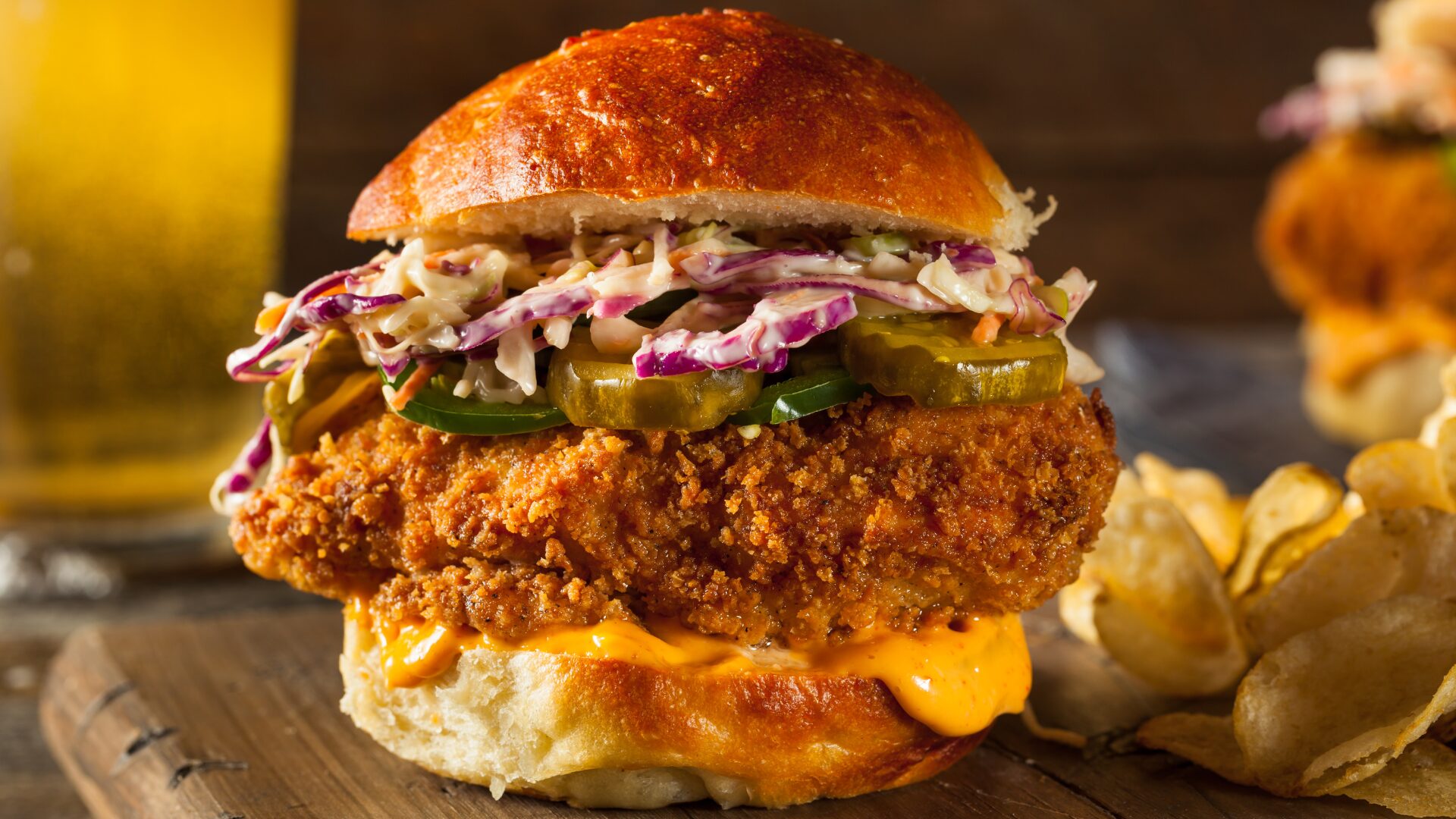Despite some positive indicators, an increasing number of restaurant operators are growing more concerned about inflation and the prospects for the economy.
Employment in the restaurant industry and overall economy continued to rise at a steady pace in June, with eating and drinking places adding a net 40,800 jobs in June on a seasonally-adjusted basis, according to the Bureau of Labor Statistics, roughly on par with the previous three months.
Yet, The National Restaurant Association says operators are not entirely convinced that the positive economic trajectory will continue in the months ahead. In fact, in each of the last four iterations of the National Restaurant Association’s monthly Tracking Survey, restaurant operators had a net negative outlook for the economy six months out.
In the Association’s June 2022 Tracking Survey, only 18% of restaurant operators said they expect economic conditions to improve in six months – the lowest reading since March 2020 (15%). Forty-three percent of operators said they think conditions will worsen in six months, while the other 39% expect conditions to be about the same as they are now. (National Restaurant Association, July 8)
Also, a recent Alignable Research Center survey found that 72% of restaurateurs say they will be out of business if inflation doesn’t moderate. Roughly half said inflationary pressures could force them to close their businesses within the next several months. (Talk Business, May 26)
And there’s other concerns.
According to a new survey by global intelligence company Morning Consult, more than half of consumers say they have changed their eating and drinking habits to manage the rising cost of living, with roughly eight in 10 people saying they cut back on trips to restaurants and bars.
New strategies
Consumer cutbacks have translated to traffic declines, especially at full-service restaurants, which tend to have higher check averages than quick-service places. According to Placer.AI, visits to FSRs fell 4% year over year in June, while fast-food traffic was up 7.3%.
Now, some sit-down operations are trying to defend against those traffic declines by courting price-conscious consumers with discounts and value meals, often for a limited time.
The deals stand in contrast to fast-food brands, where some franchisees have been resistant to discounts in the current inflationary environment. (Restaurant Business, July 5)
State actions
Restaurants, bars and food service contractors across Colorado can keep what they’d normally pay in sales taxes during the next three month, thanks to recent legislation.
The law, passed earlier this month, is expected to save establishments up to $40 million through the end of September and allows them to deduct sales up to $70,000 in net taxable sales for each month. (Montrose Press, July 12)












